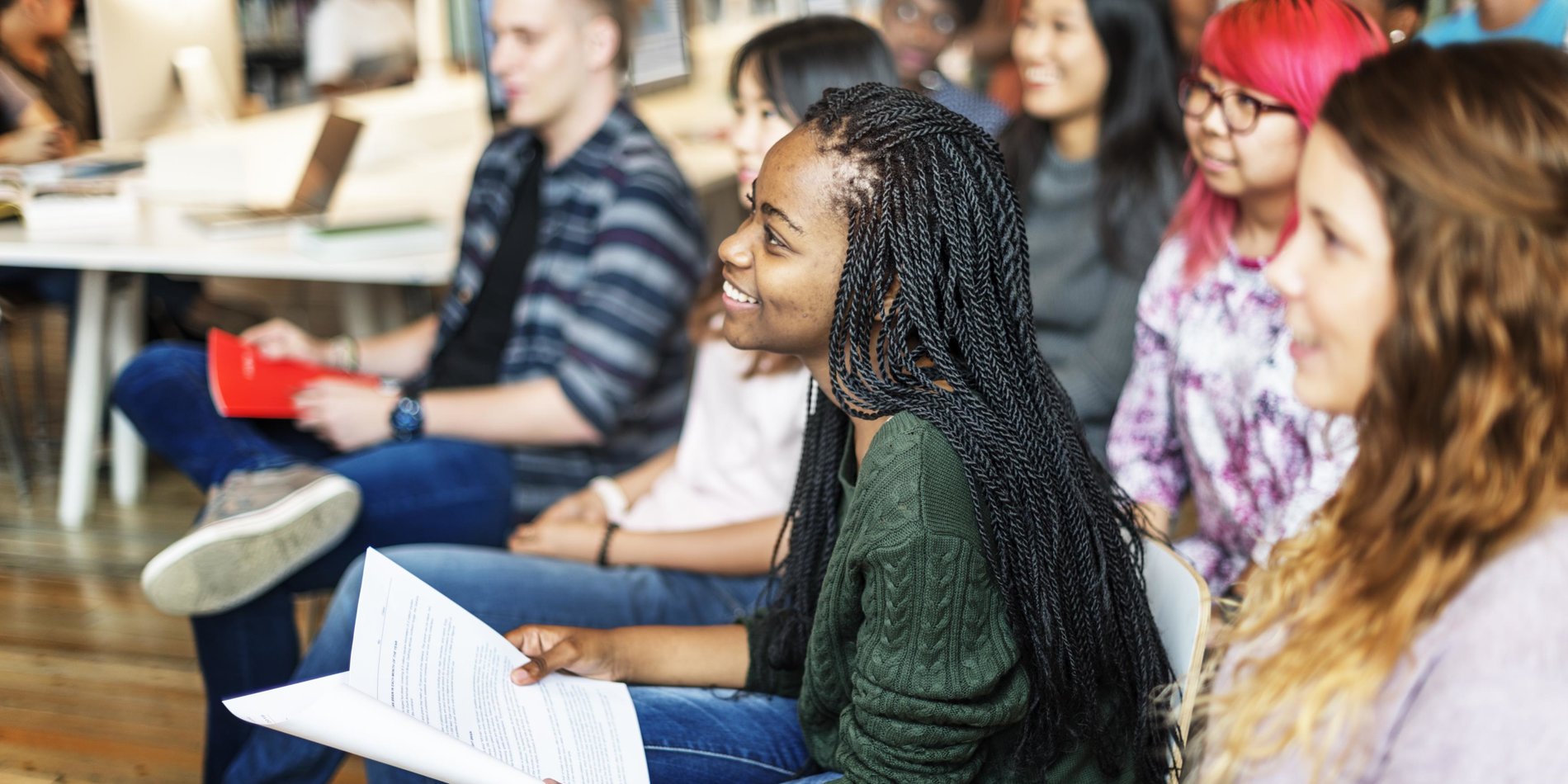The Healing Power of Empathy and Understanding: Key Lessons in Community Engagement

I have chosen medicine as my life’s passion to have a positive impact on the health and wellness of communities, particularly those that have been historically underserved. The doctors I consider to be role models have taught me that physicians have the power to heal, but to truly make a difference, one must understand the individuals’ needs and the communities from which they come.
To this end, I applied for a Shinnyo Fellowship, a collaboration between the Shinnyo-en Foundation, the John W. Gardner Center, the Haas Center for Public Service, and Redwood City 2020, to gain experience working with the communities that I hope to serve in the future. During my fellowship, I had the privilege of working on Redwood City 2020’s Redwood City Together community engagement project, which fosters a welcoming environment for all in Redwood City and North Fair Oaks, especially immigrant newcomers. One of the ways that Redwood City Together carries out this mission is by hosting dialogue events at which diverse community members build empathy and understanding through storytelling. I learned several key lessons from facilitating dialogues during my fellowship year:
Involve communities in meaningful and intentional ways
My first dialogue did not go so well. I did not partner with community members in creating and setting up the event, which led to a low turnout. Also, during the dialogue I was too focused on getting through all of my questions rather than allowing space for participants to direct the conversations. Through coaching and mentorship, I learned how to engage with community members from the outset and see them as instrumental in the outreach, set-up, and facilitation of the dialogue. As a doctor, I will partner with my patients and their communities as part of my daily practice.
Come with an intention to learn
I come from a Mexican immigrant family and have lived in the Bay Area all my life, in neighborhoods similar to the Latino communities I worked with this year. This connection was important to me in choosing this fellowship. I knew that having a common understanding of culture and the impact of socio-economic status, for example, would be important in building trust and respect. Yet, through the dialogues, I realized that I still have much more to learn and understand. It has been critical, and will continue to be critical as a doctor, for me to listen with open ears and heart to best serve others.
Reflect and reflect again
Community engagement work can be emotionally exhausting. There were many times when, because of our similar backgrounds, I saw my family in the dialogue participants. So, when challenges such as housing came up, it was especially emotional. I have learned that reflection gives me the space to be able to process these emotions and has kept my heart, mind, and spirit grounded in my values and the goals of the fellowship. I will continue to use reflection as a tool in medical school and beyond.
As I head to medical school, I aim to actively practice the principles I have learned in my time as a Shinnyo fellow to advocate for the health and well-being of underserved communities in the Bay Area.


